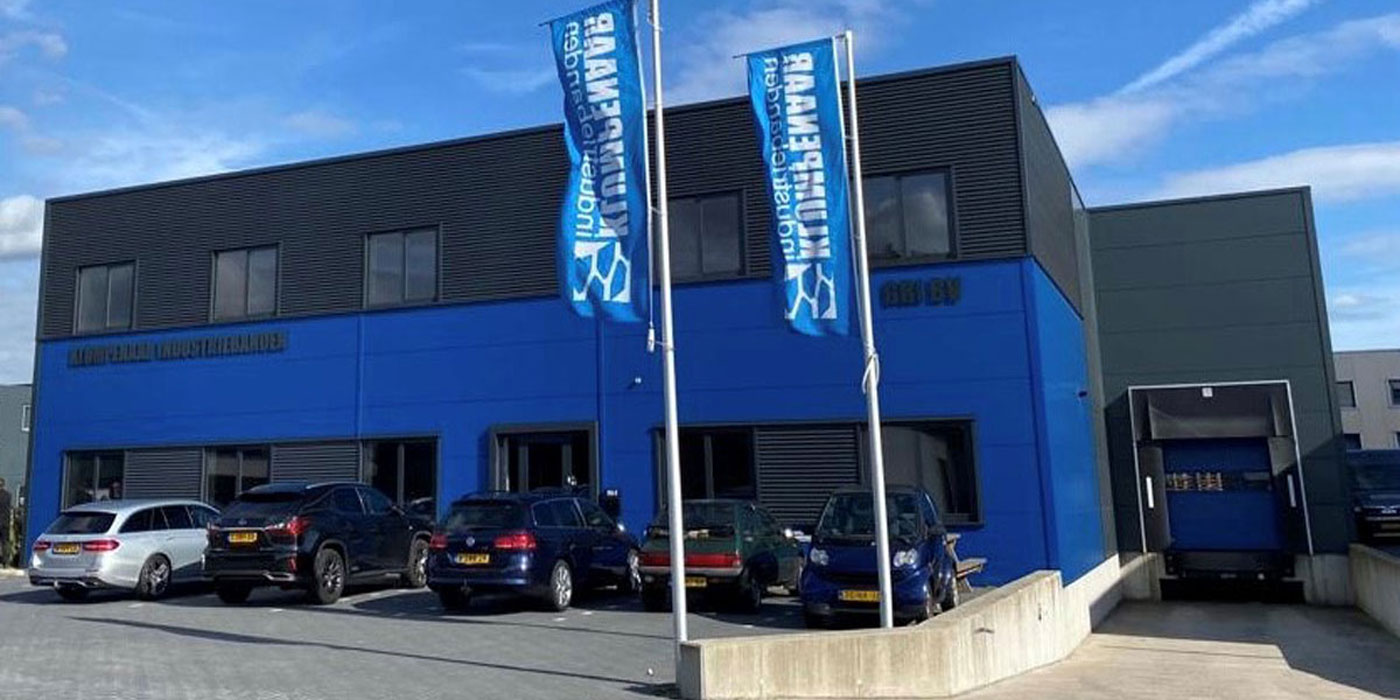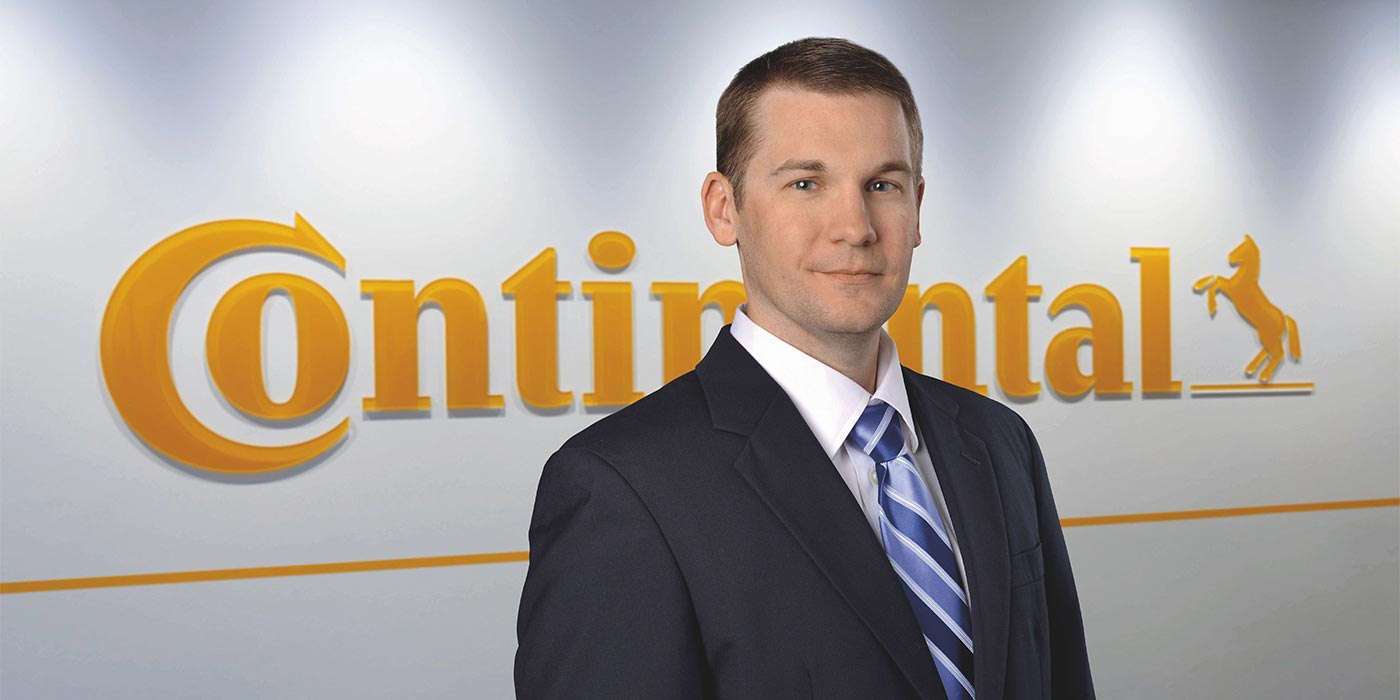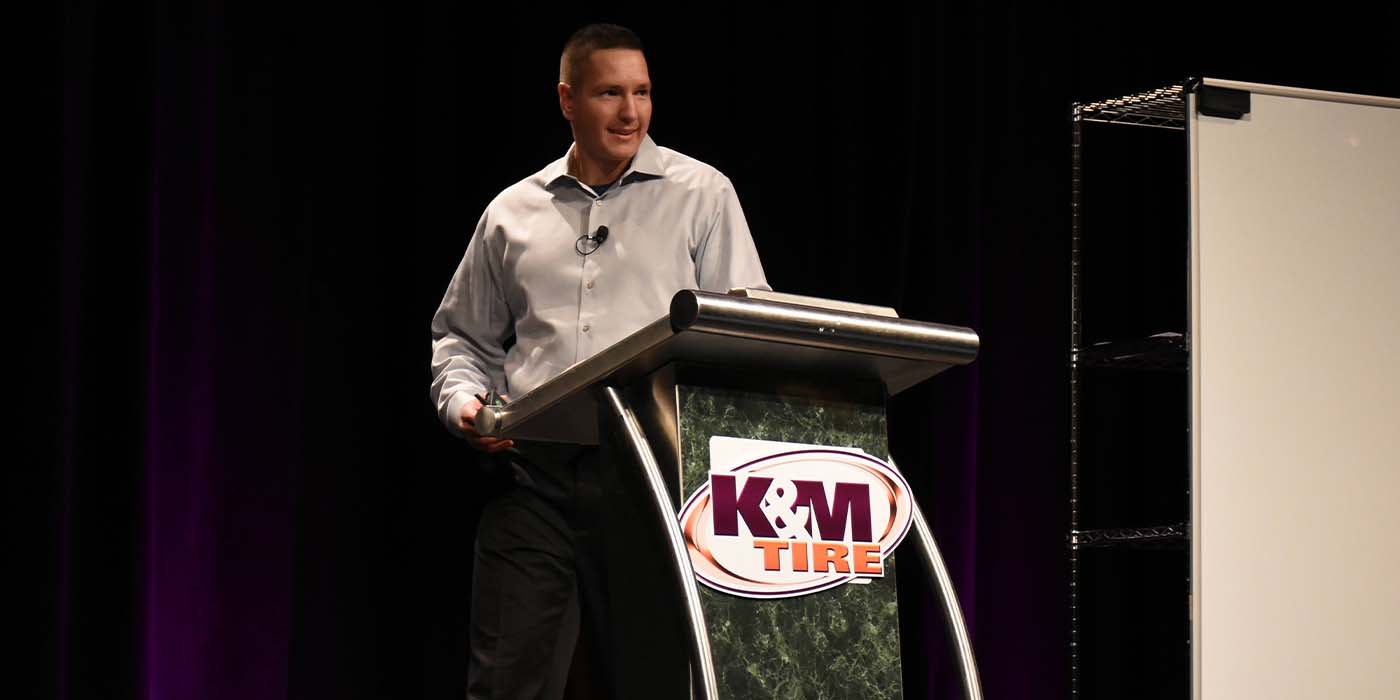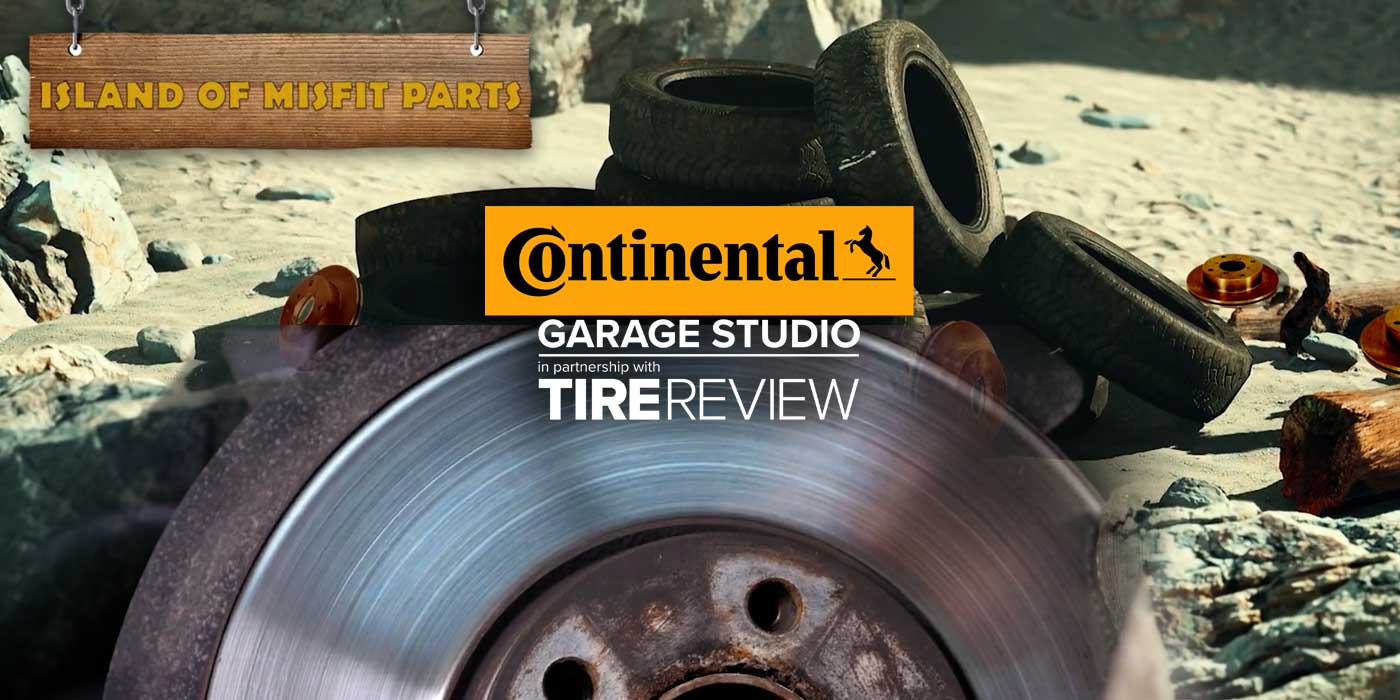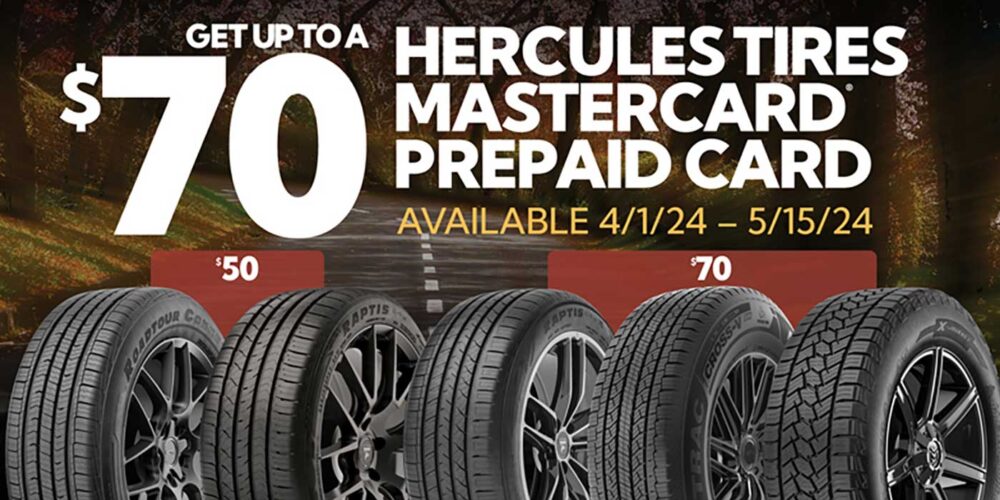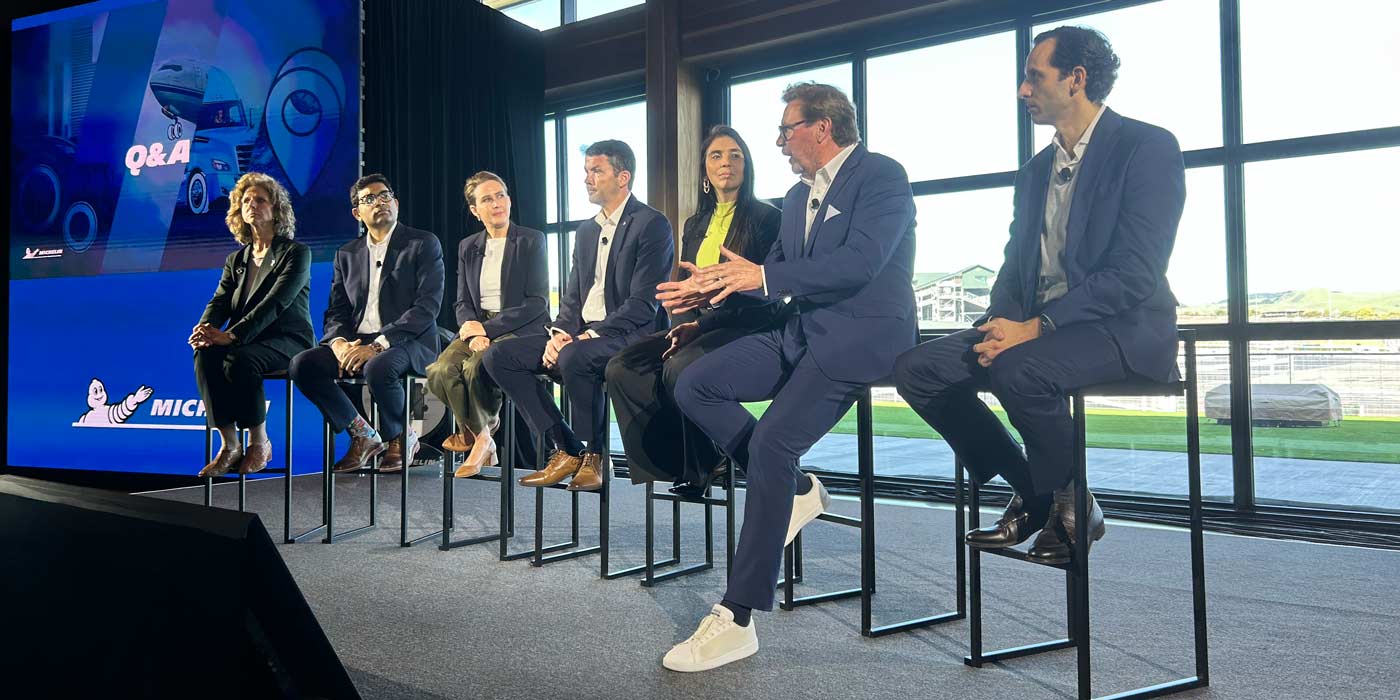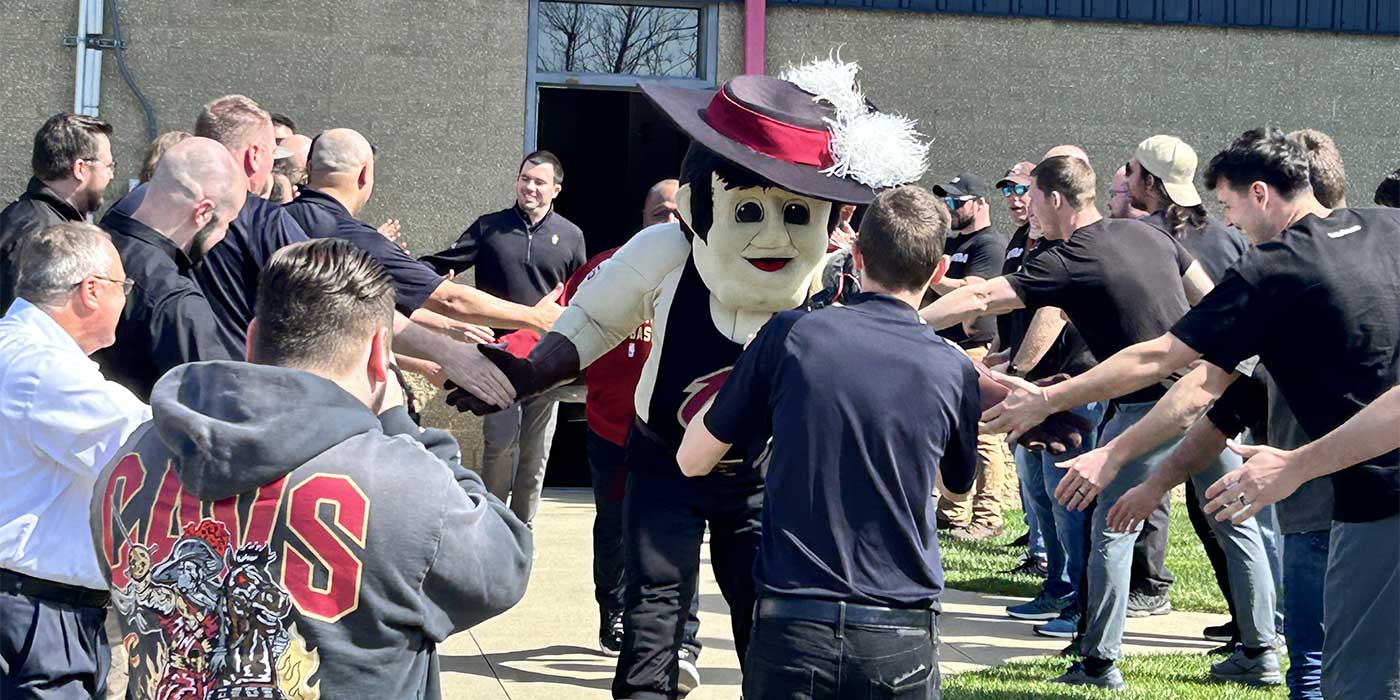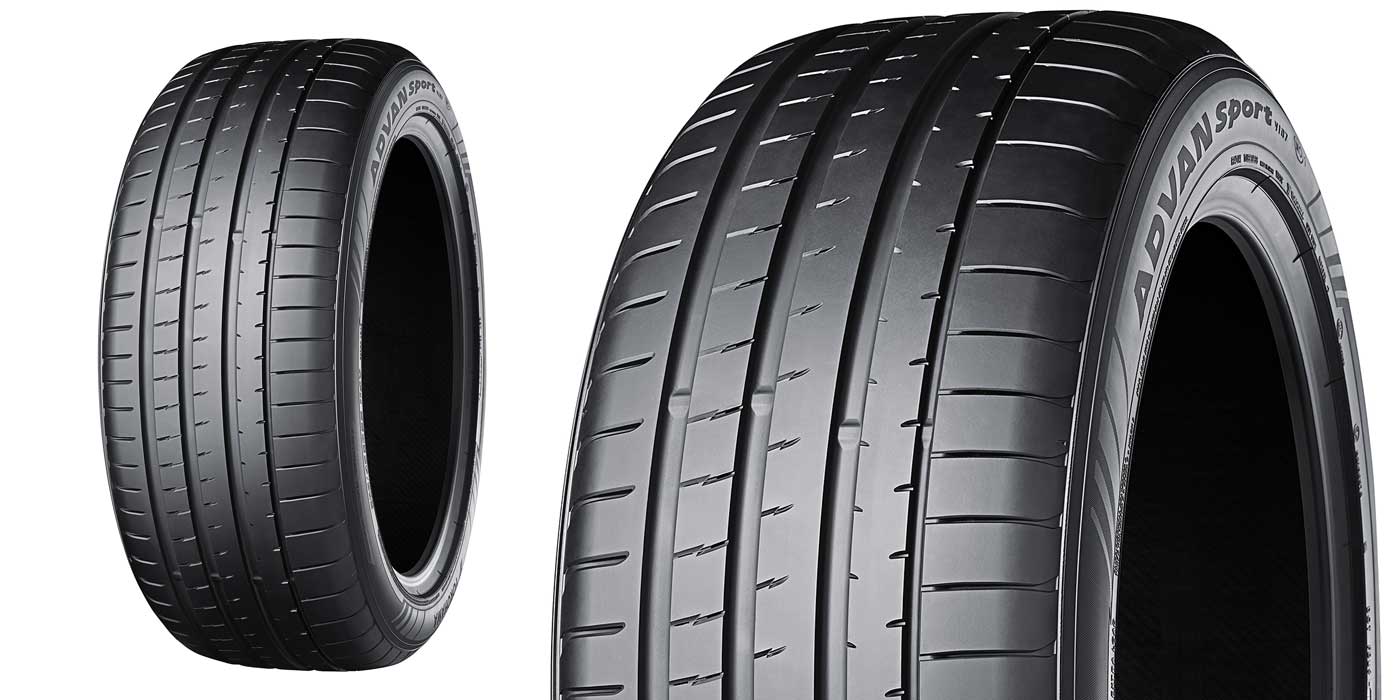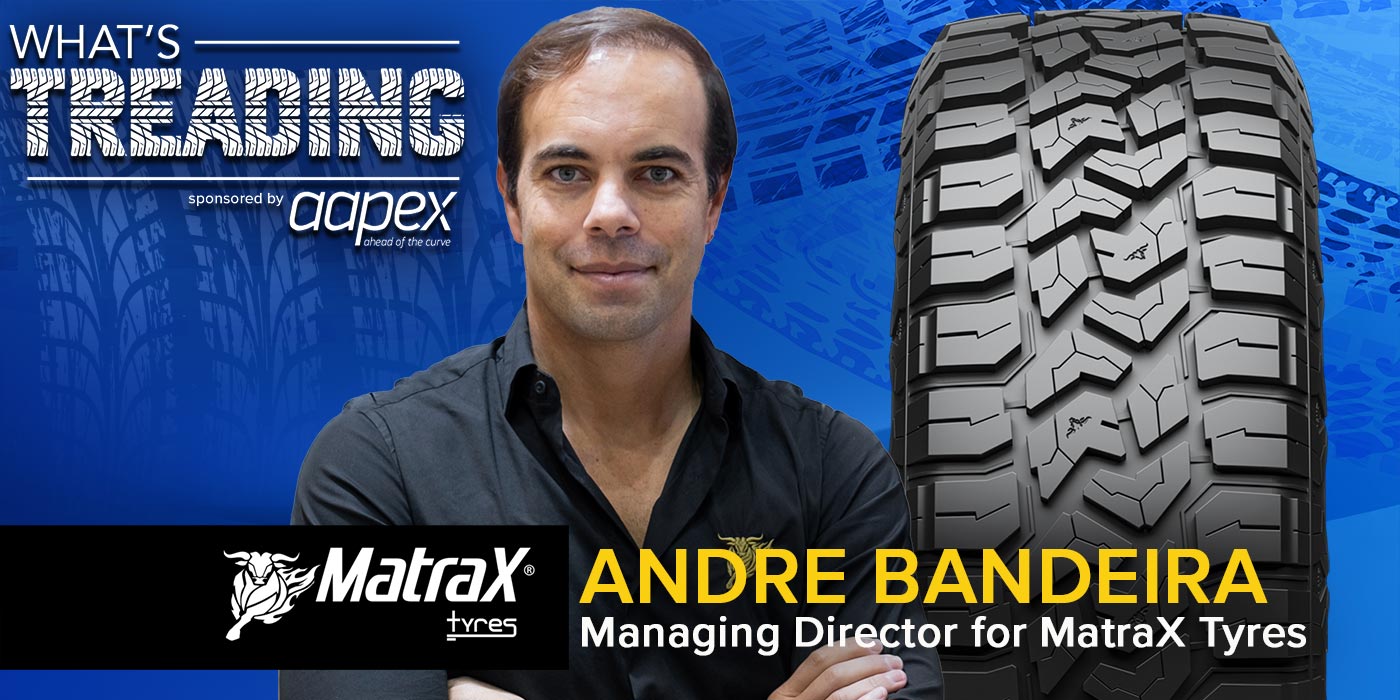The word "tort," part of the vernacular of first-year law students, technically means any civil wrongdoing for which a victim can seek legal recourse from one who caused harm or damages.
In a political context, "tort reform" refers to proposals to limit legal claims which are perceived to unfairly burden insurance policy holders ®“ i.e., large corporations with so-called "deep pockets." This "burden" includes huge out-of-court settlements, jury awards and resulting insurance premium increases.
Tort law, like most of our legal system, is traditionally based in state "common law" and legislation. The Bush Administration seeks to modify this partially by imposing uniform limits applicable to all states.
Two diametrically opposed groups have debated this issue at length, returning time and again to age-old questions: "Will tort reform limit consumers’ rights of recovery at law to that which they are ‘entitled?’" versus "Do manufacturers have to produce products so technically and operationally sound that they are absolutely ‘foolproof,’ and, as a result, be forced to charge higher ®“ perhaps even uncompetitive ®“ prices?"
That’s just a small sampling of the rhetoric used by those who battle over the issue of tort reform. And I am only addressing the product liability and class action portions of this tangled mess.
Many feel that the increased use of the tort system has been driven by an increase in the number of attorneys. More lawyers means more suits, they say. And, while the number of lawyers has increased, so too have the number of divorce and criminal cases being tried each year, making that a moot point.
Personal injury litigation, on the other hand, has become big business for lawyers and now accounts for about 25% of the legal work in many states.
When I worked for a component manufacturer in the early 1980s, I recall that, at any given time, we had 20 to 30 product liability suits in process. Our company employed an engineer ®“ an "expert witness" ®“ just to handle these suits. The company’s internal legal staff was so stretched, in fact, that it had to use outside counsel, which only added to bottom-line costs.
Like many corporations, our company (part of a Fortune 500 corporation) found it cheaper to settle most of these suits out of court instead of racking up legal fees and risking a damaging jury award.
To a degree, manufacturers have invited this mess. By cutting their losses and settling out of court, companies become easy marks. Today, even the weakest liability claim can net a handsome reward. And, as a result, consumers pay higher prices ®“ a lawsuit tax, so to speak ®“ to cover the bills.
Here are just a few statistics that drive you crazy:
®′ In the second quarter of 2000, there were 1,700 mold damage claims in Texas; a year later, there were 5,700.
®′ Asbestos-related injury claim payoffs are expected to hit $130 billion ®“ three times the estimated payout for the Sept. 11 terrorist attacks.
®′ Tort costs as a percentage of gross domestic product are higher in the U.S. than in any other nation.
®′ Most of the "winnings" in a tort claim only cover legal fees and administrative costs; in reality, the victim sees very little reward.
Still, relief may be in sight. Congress has been inching closer to passing a bill that would limit class action suits and large damage awards.
Lawmakers struck a deal before adjourning for the holidays, and the compromise could get enough support from Democrats that the bill might be approved this month.
Basically, the legislation would move more class action lawsuits out of state courts and into federal courts. The logic behind this move is that federal judges will either throw out many of the cases or be less likely to issue multimillion-dollar judgments against corporations.
As businesspeople, we need to stay involved and get our voices heard. One great way to find out how to do this is by simply turning to one of our own. Through its Web site (www.coopertires.com), Cooper offers the basics on how to communicate with your legislators.
No matter what side of the tracks you stand on, get involved. Otherwise, like the Bill Murray movie "Groundhog Day," we’ll end up with the same old unproductive thing over and over and over again.


